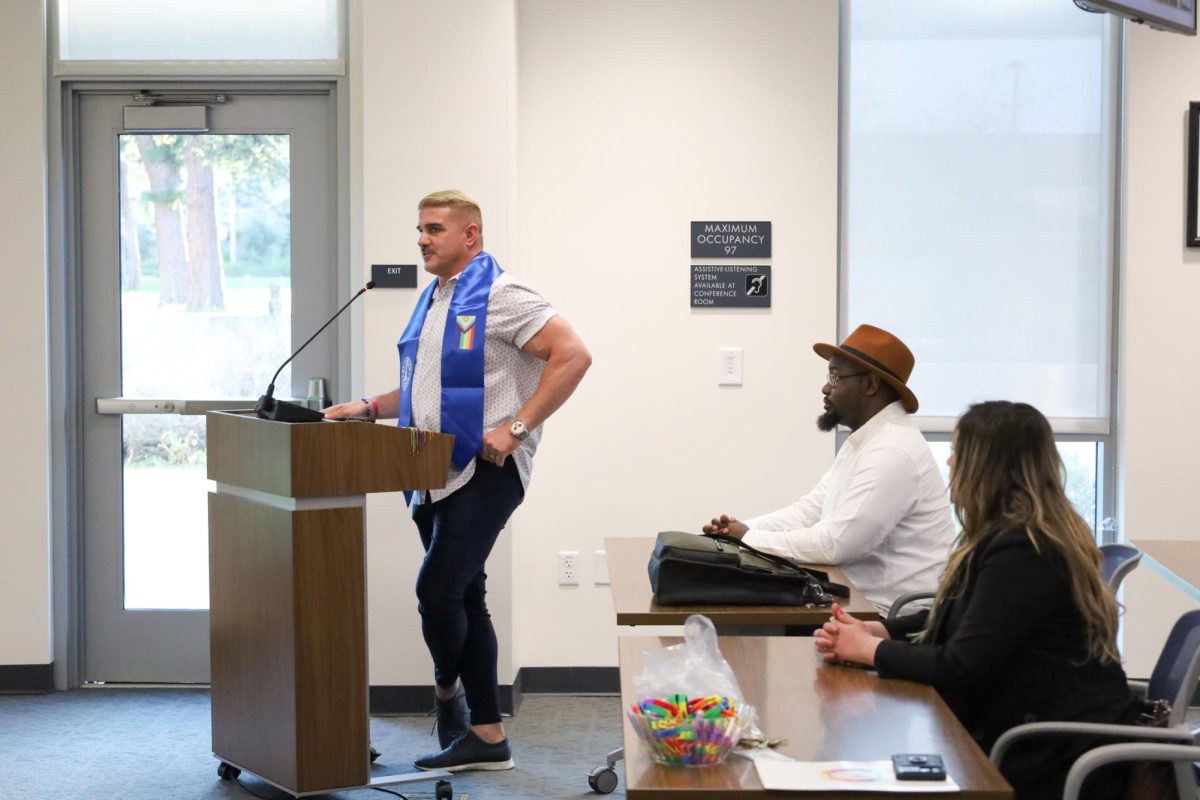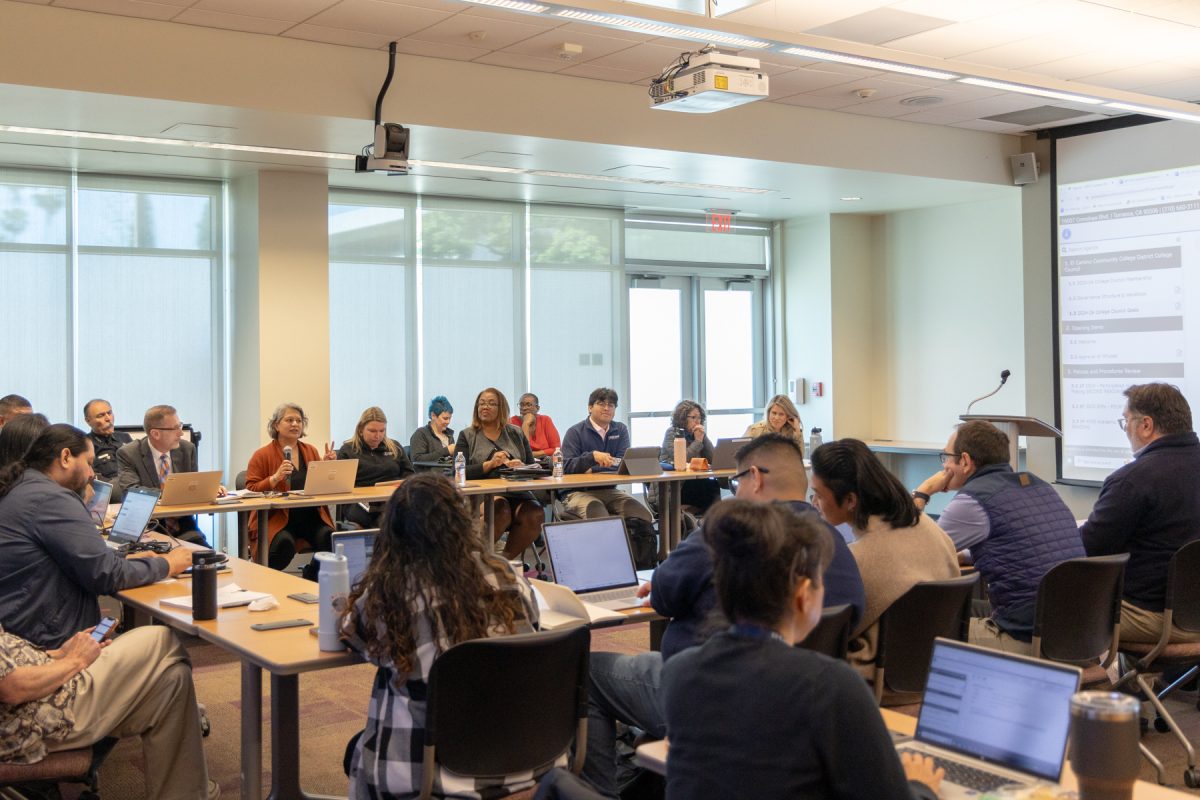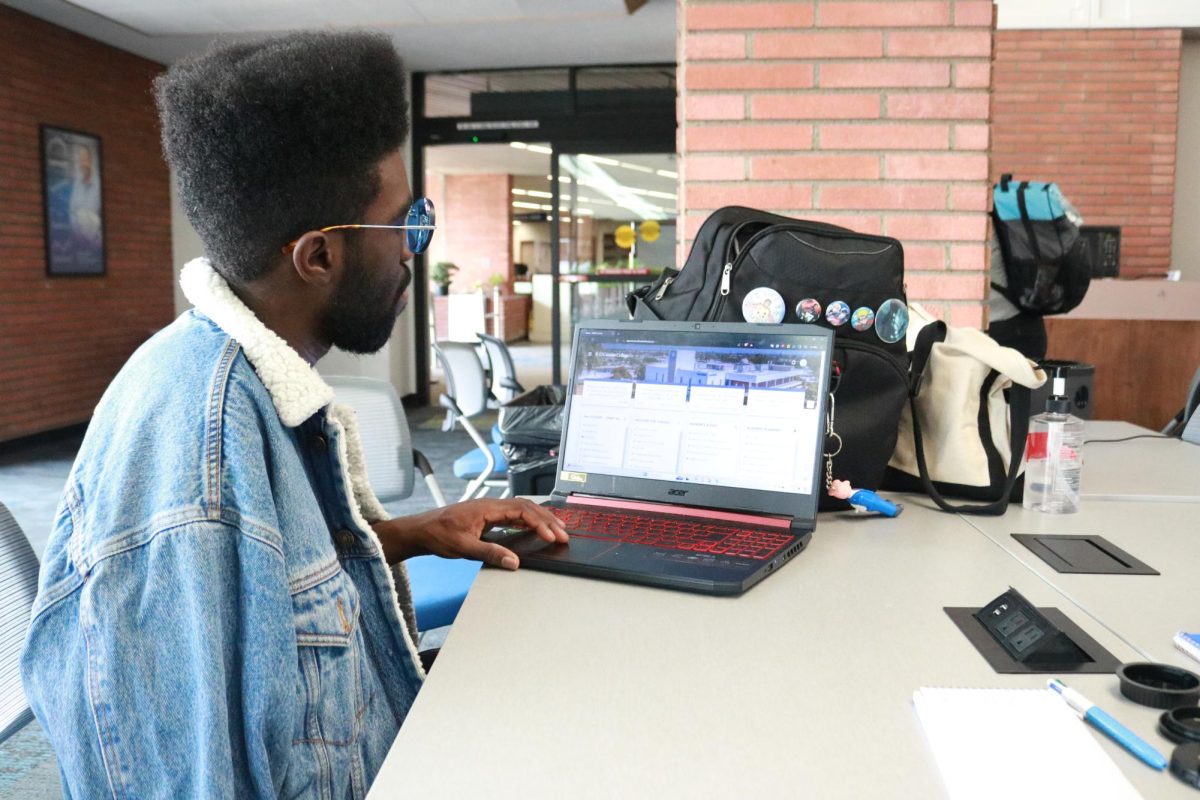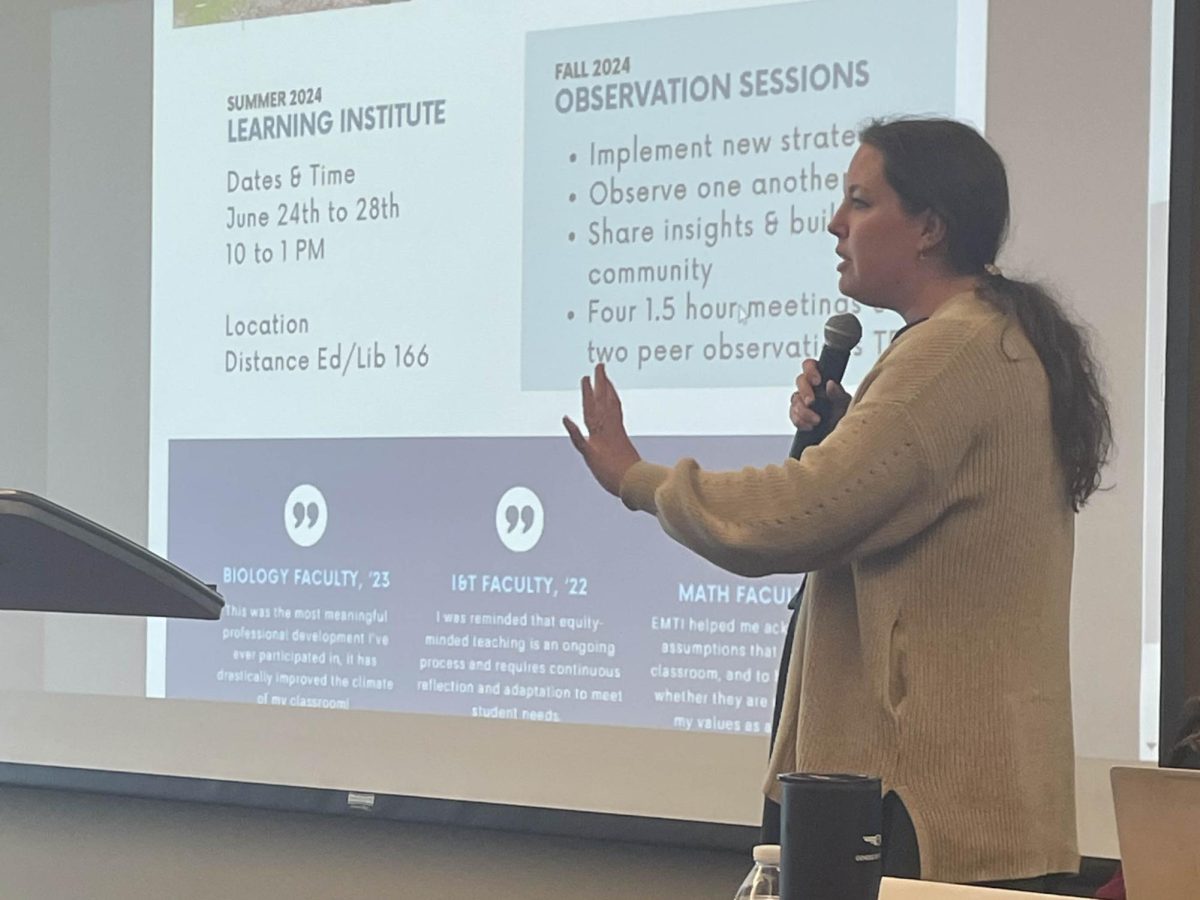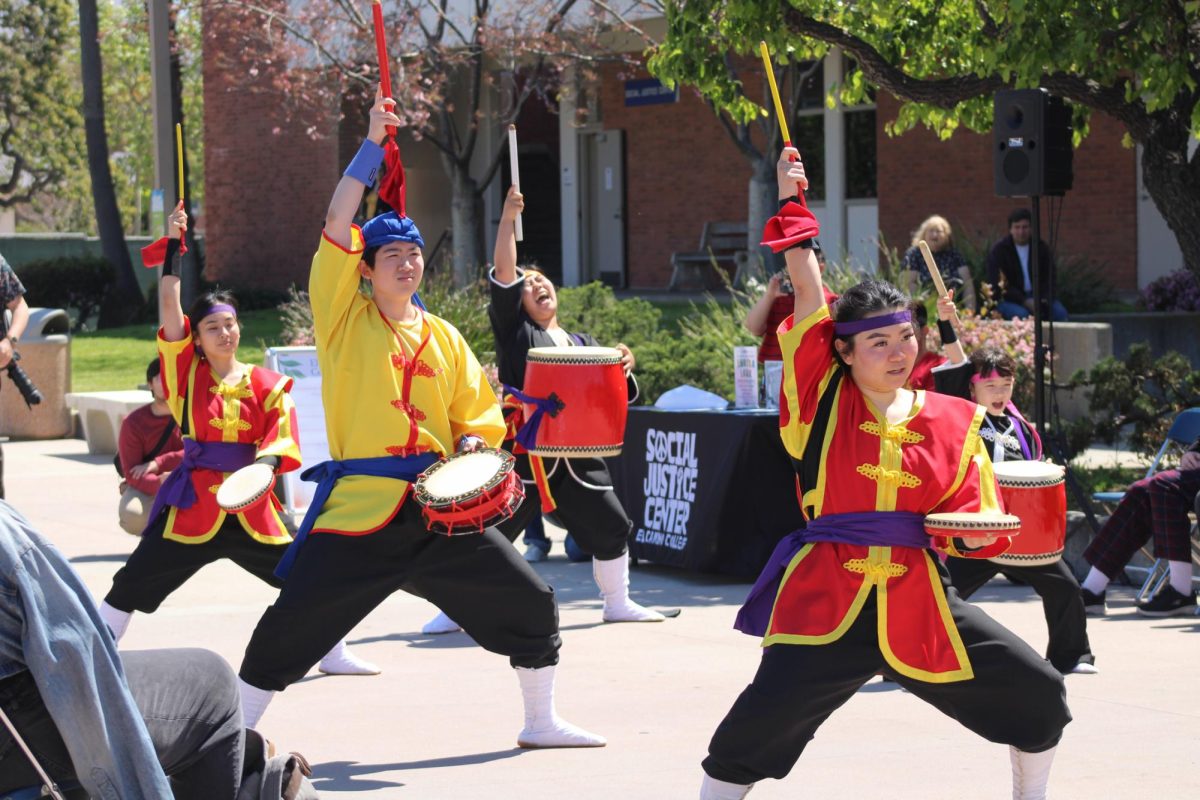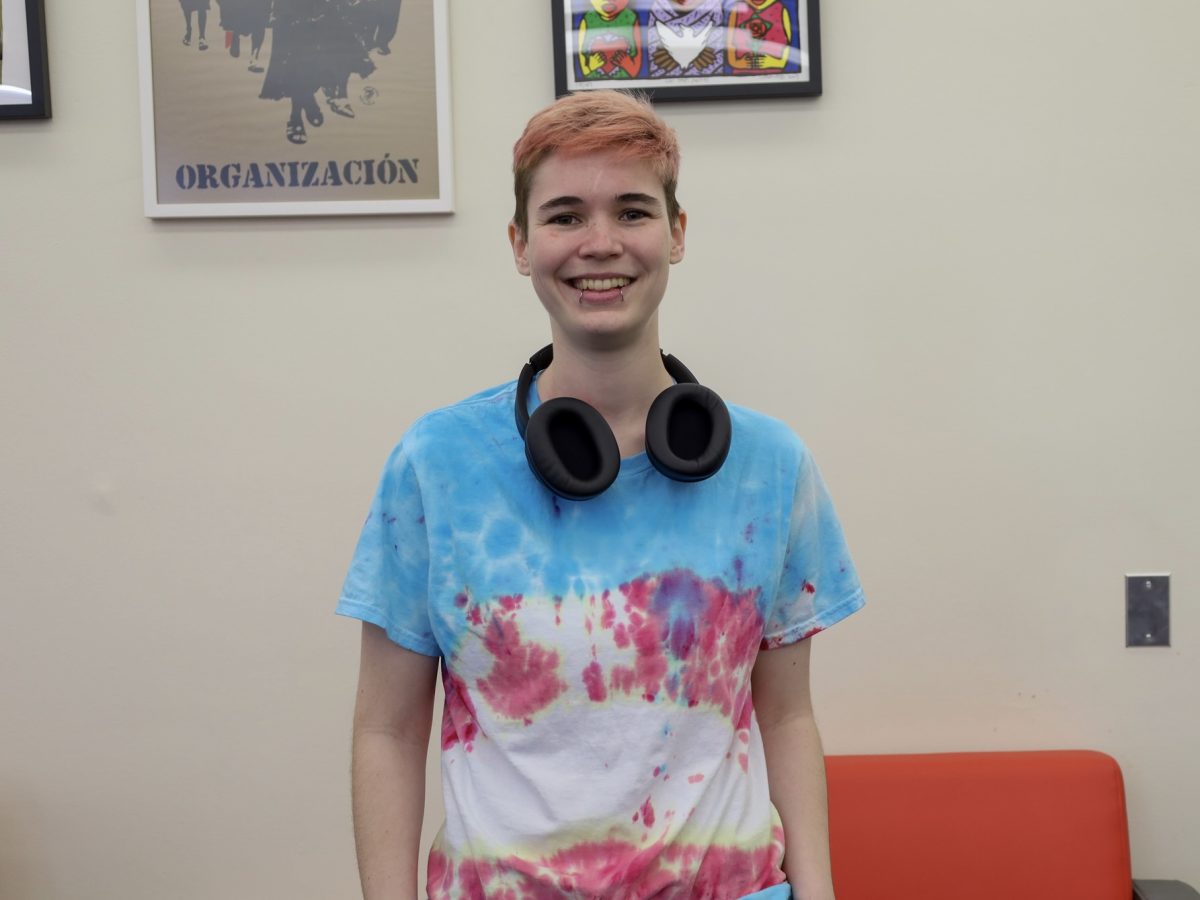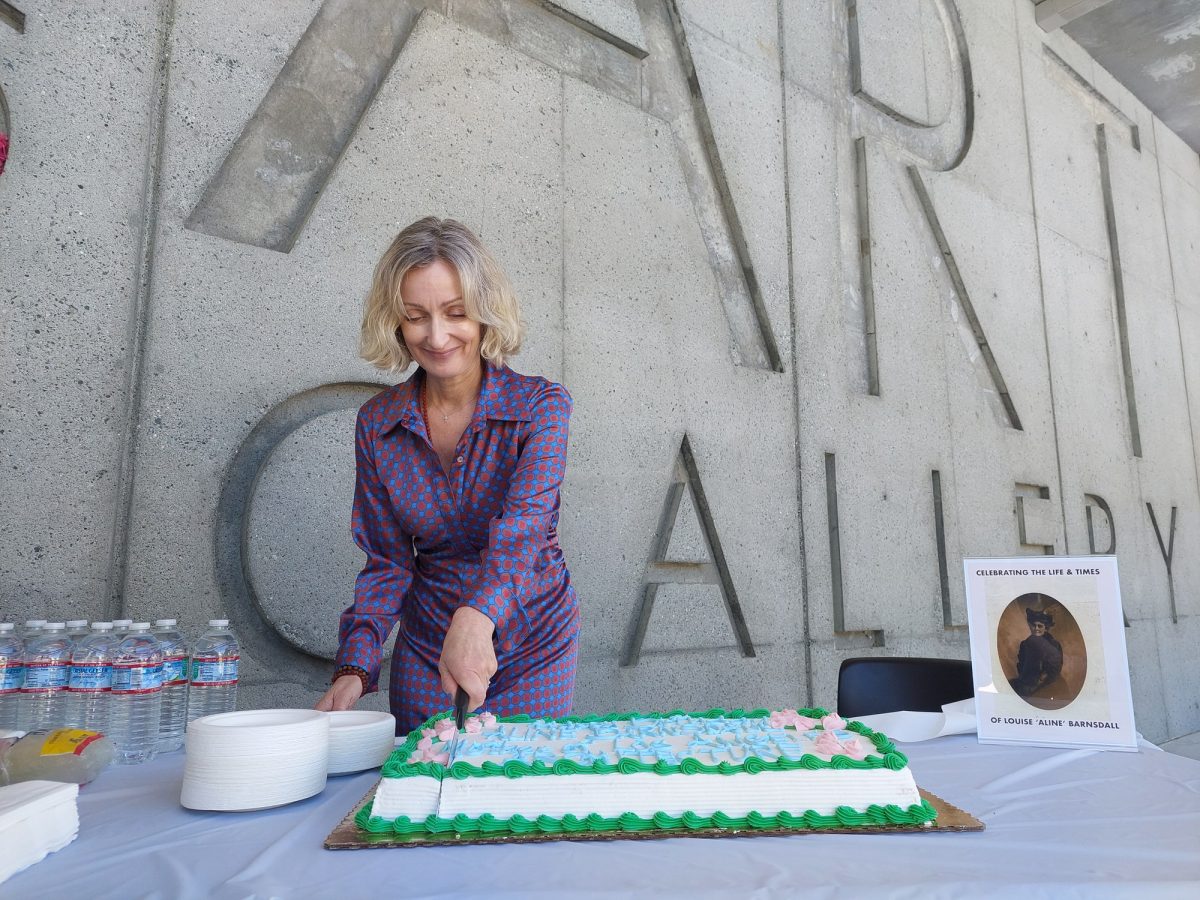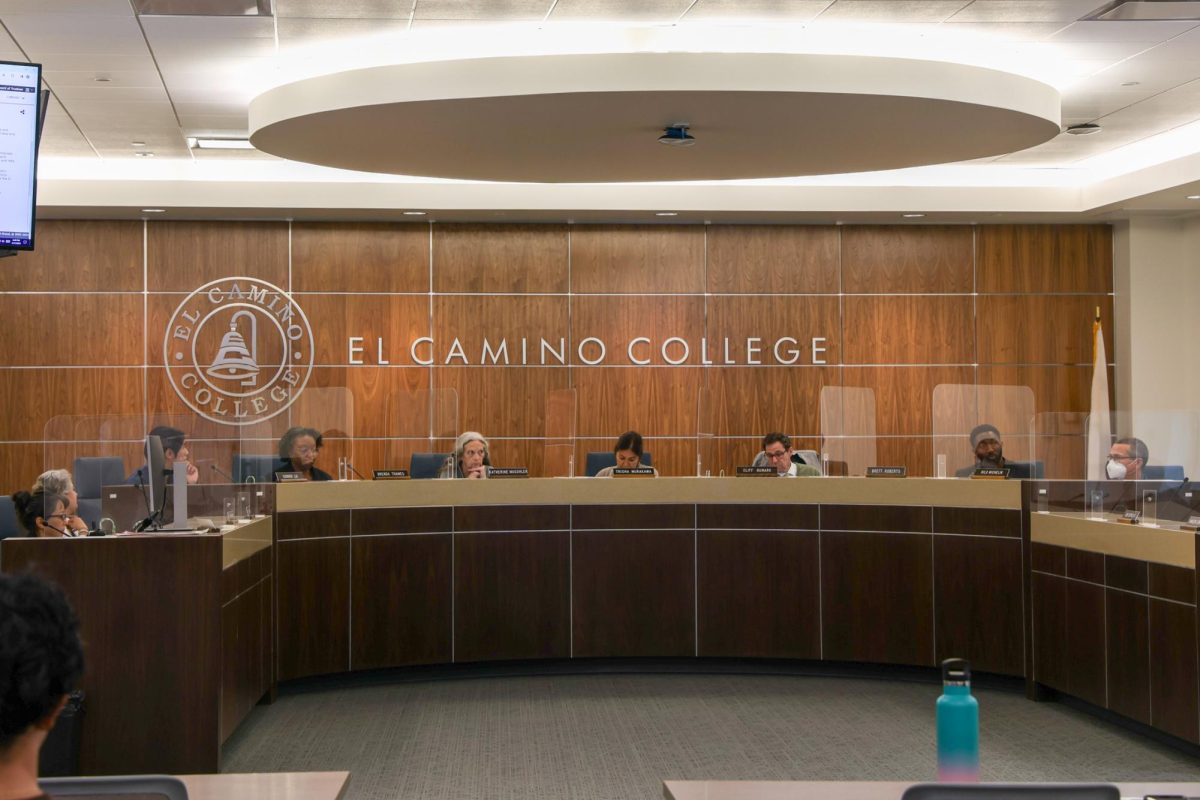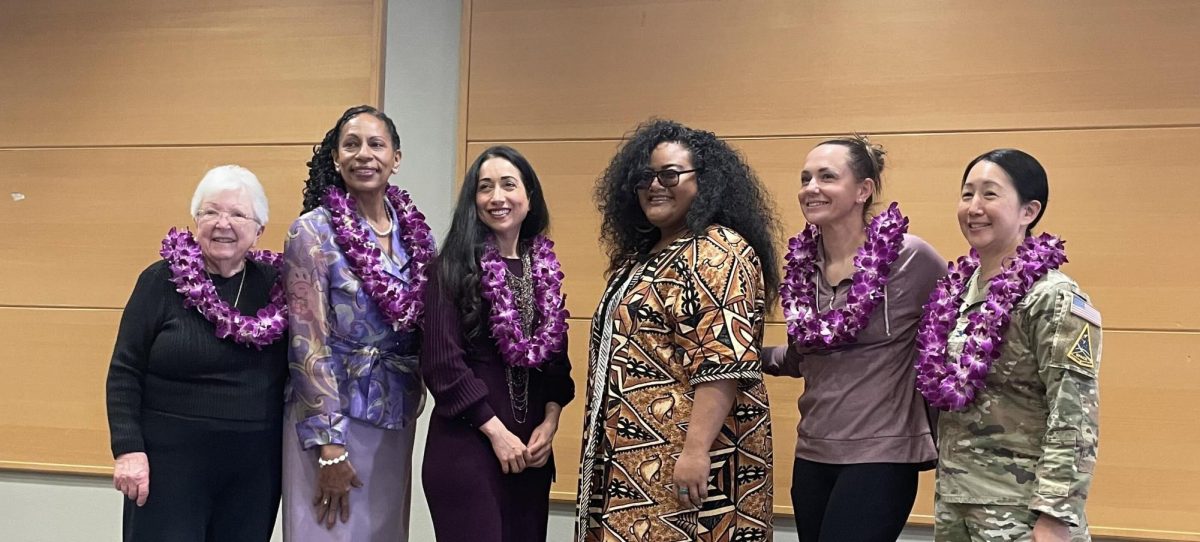When she first began her career, she began working under a man who, by her account, was charming, political, and had a very forceful personality. He held a master’s degree, and had been appointed as a dean. Under his command, it first dawned on her that she could make an example of herself, to level the playing field and pave the way for other women in her shoes.
The woman was Kristie Daniel-DiGregorio, the now acting president of the Academic Senate and professor of human development at El Camino College.
El Camino has soared above neighboring colleges in regards to appointing females into leadership positions. With a female president, a female academic senate president, and a predominately female administrative team, EC has embodied its value of gender equity on campus.
“I think we need to be able to see someone that looks like us at that next level to be able to envision ourselves at that level,” Daniel-DiGregorio said. “Sometimes it’s conscious, ‘Oh, she does it so I can do it,’ but often it’s really unconscious.”
Daniel-DiGregorio, who has worked at EC for almost 16 years, precedes a list of other female Academic Senate presidents, including Claudia Striepe, Chris Jeffries, Chris Gold, and Suzy Deavors.
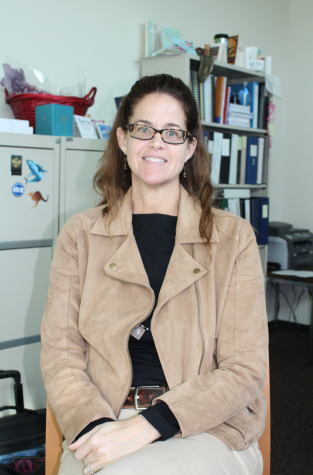
Just last semester, in the spring of 2016, the college appointed its first ever female president, Dena Maloney, whose own father attended EC in the 1940s.
Unlike Daniel-DiGregorio, Maloney has been preceded by solely male presidents. From a sample of information obtained from the California Chancellor’s Office website, seven out of 11 presidents of neighboring community colleges are male, while four out of 11 are female.
Amongst the community colleges with female presidents are Santa Monica College, Los Angeles Southwest College, Los Angeles City College, and Los Angeles Valley College.
Maloney believes that the EC community fosters opportunity for female leaders on campus.
“It’s a welcoming system for leaders, and for women leaders in particular, that have the ability to persist and set high goals for themselves and to achieve those goals,” Maloney said.
While Maloney may be an example of this, she is one of many female leaders on campus, the list of which includes deans, administrators, and committee heads.
Within the California Community College system, colleges, on average, have 54 percent female educational administrators, according to the California Community Colleges Chancellor’s Office Report on Staffing for Fall 2016. At El Camino College, 68 percent of educational administrators are female, which exceeds the state average by 14 percent.
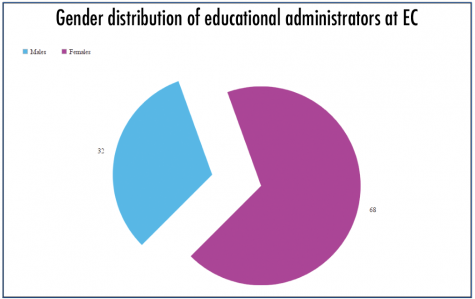
This level of female visibility on campus can be essential to a comprehensive view of leadership, for students and faculty alike.
“It’s very effective in helping us see leadership more broadly,” Daniel-DiGregorio said. “Sometimes we think that the person who is standing out front doing the most talking is the leader, when any organization relies on the person taking the notes, the person calling people who missed the meeting, the person making sure the website is updated, all that behind the scenes, thankless work.”
According to the EC Annual Factbook from 2016, which is created by EC Institutional Research, 55 percent of all faculty members at EC are female. This percentage has risen since the 2011-2012 school year, but only by one percent.
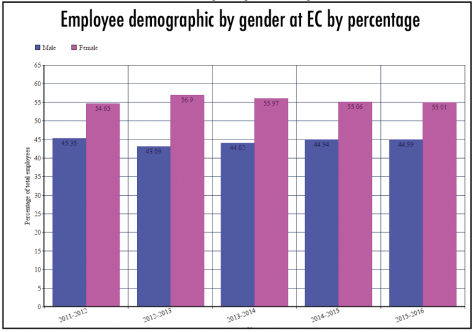
Daniel-DiGregorio believes that, by acting as a leader in a community college atmosphere, she is able to participate in the dialogue of gender equality in a greater way.
“My form of political activism is the work that I do, because by empowering (students) to empower (their) communities, that’s how we change things,” Daniel-DiGregorio said. “I’ve always believed in equity but here you get to be part of the solution. It’s very powerful.”
Some believe female leaders are able to offer a unique perspective within the campus environment.
“Representation is instrumental when servicing such a diverse student body. Female deans and directors could provide a different approach that could perhaps benefit more people,” Jenebrith Pastran, 20, sociology major and student ambassador on campus, said.
Some students find sanctuary in seeing female faculty members rising up in their positions. Relating to campus leaders is one way that they’re able to envision themselves achieving success at the same level.
“When I see female faculty, I see women who have worked hard to achieve a level of success I strive to reach myself,” Pastran said. “The insight they possess could engender real change that could perhaps remove certain barriers or make students and faculty more aware of how to best succeed regardless of their circumstance.”
Daniel-DiGregorio shares this sentiment.
“(It’s important to be) able to see if somebody else can juggle family and career, and how are they able to do it,” Daniel-DiGregorio said. “Can a women walk into a room full of men and be a decider and a decision maker and a leader and be respected? Seeing it is very important.”



